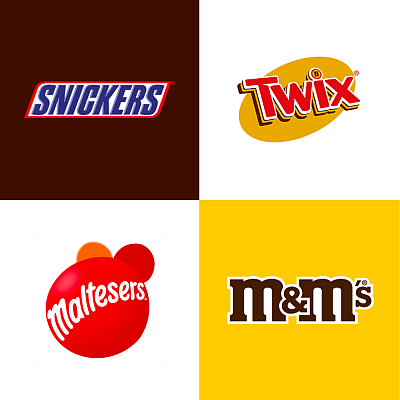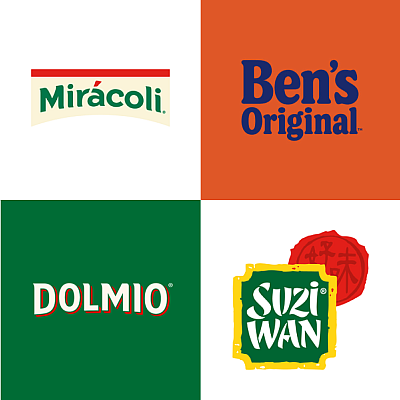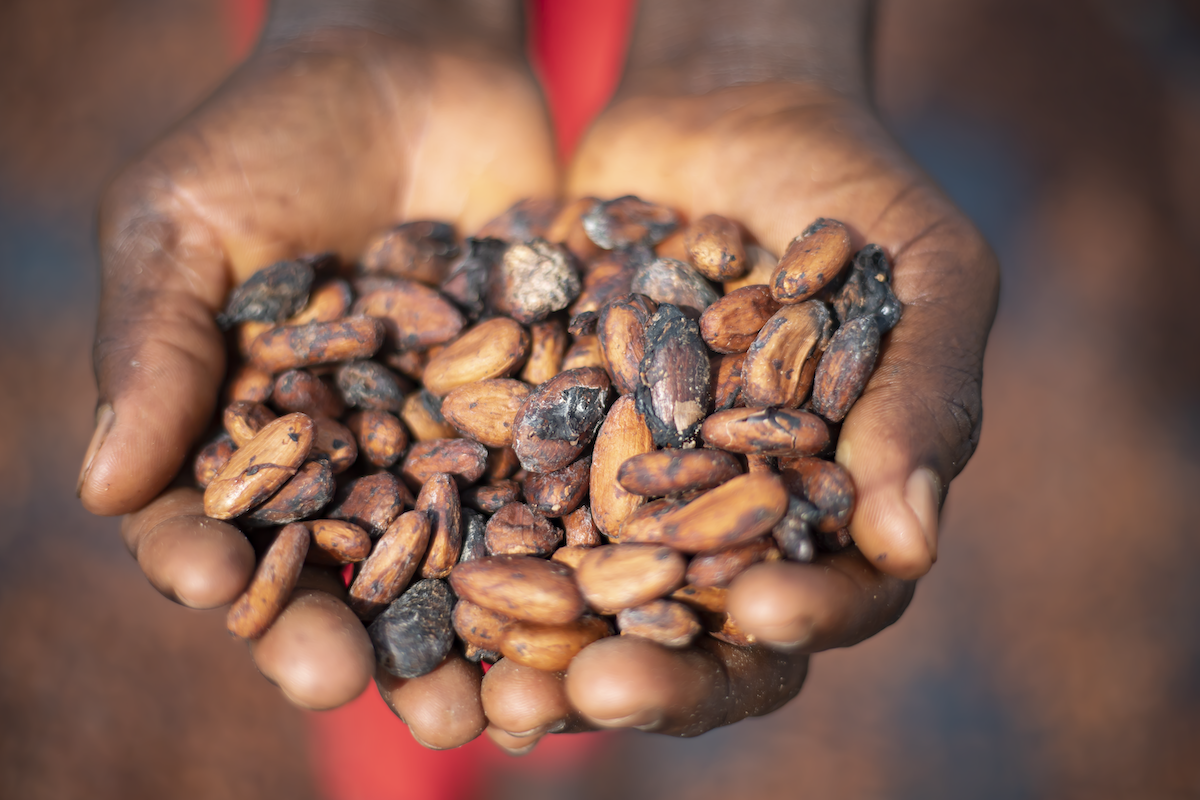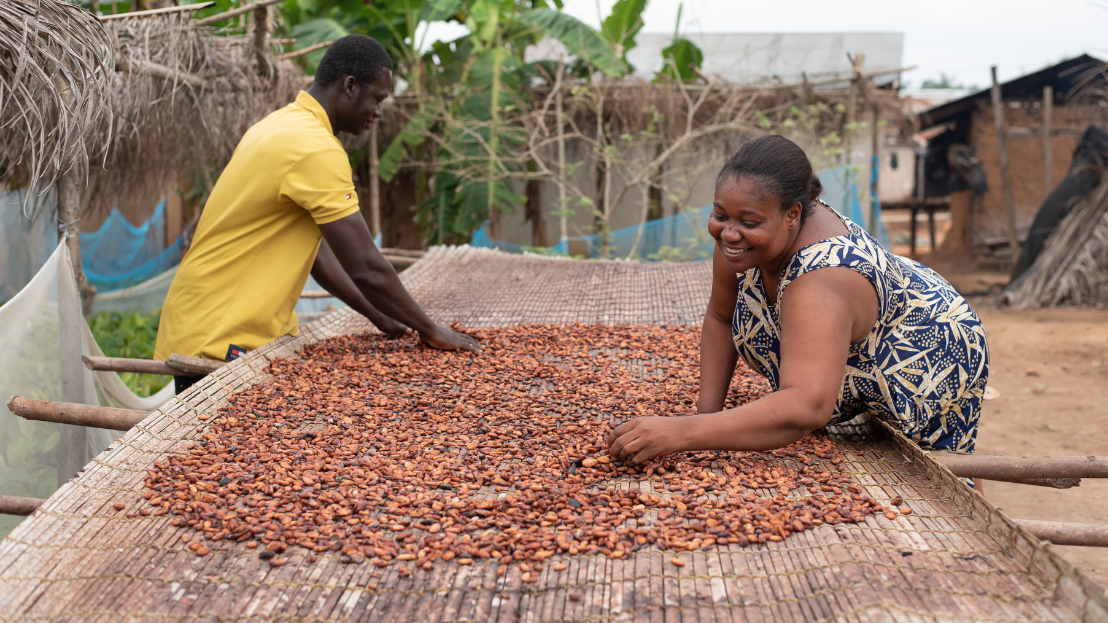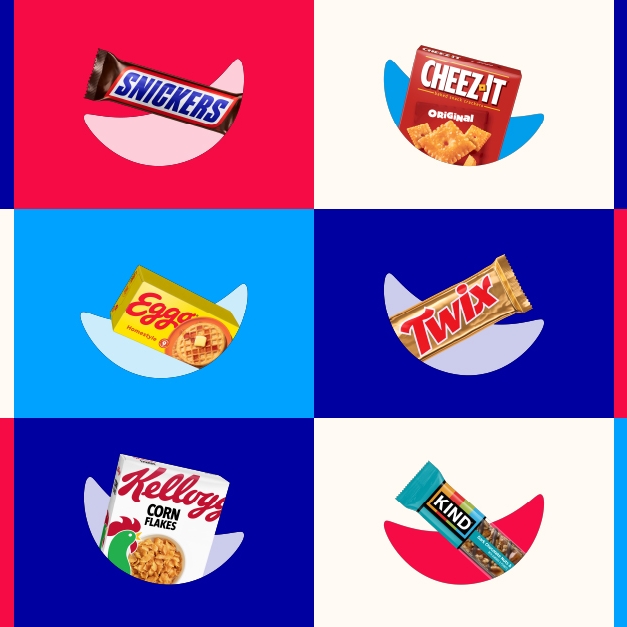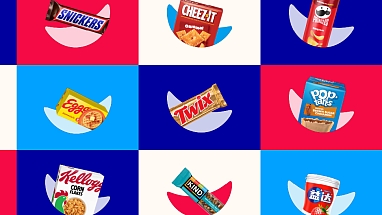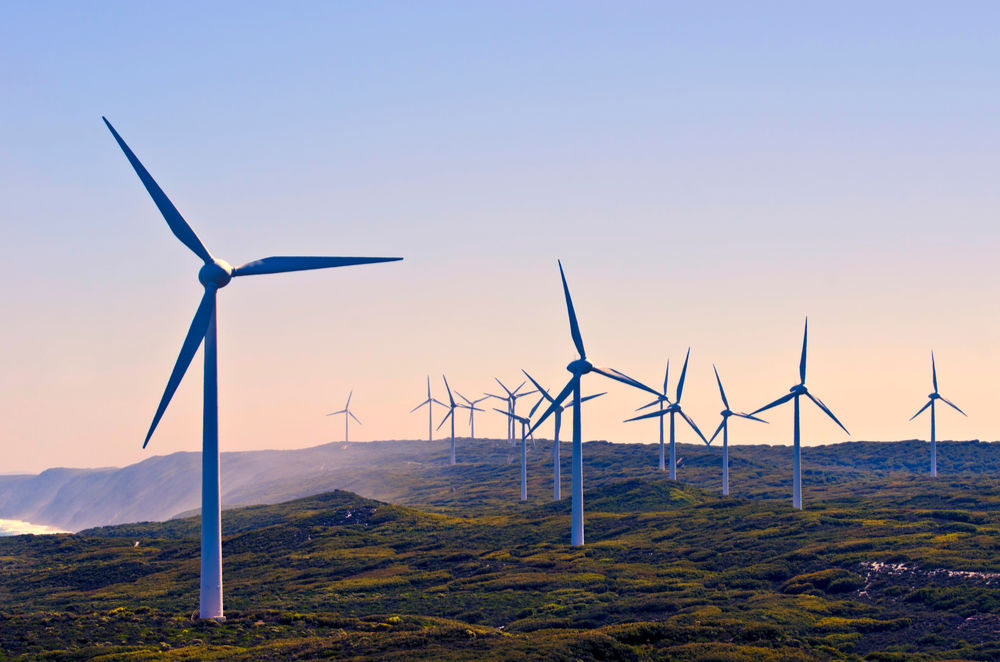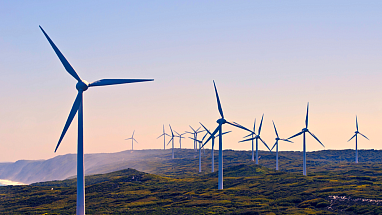Since the beginning of 2023, Mars has been using 100% responsibly sourced cocoa in Europe
100% of the volume of cocoa used in Mars' European factories is now responsibly sourced
Read this story in French: Depuis début 2023, Mars utilise 100% de cacao d’origine responsable en Europe(Opens a new window)
Read this story in Dutch: 100% van de cacao voor Mars in Europa voortaan van verantwoorde herkomst(Opens a new window)
Sint-Stevens-Woluwe, Belgium (May, 2023) — Mars has announced that it has reached a key milestone in its commitment to sourcing responsible cocoa. Since the beginning of 2023, 100% of the volume of cocoa purchased to supply its direct industrial activities in Europe has been verified as responsibly sourced cocoa. This means that the company buys a volume of responsibly sourced cocoa equivalent to the volumes used in its European production.
This transition to 100% responsibly sourced cocoa is a key part of Mars' "Cocoa for Generations" strategy, which was established in 2018 with the aim of bringing real and lasting positive change across the supply chain for future generations. It focuses on the critical issues that need to be addressed for cocoa farming families to thrive, while taking action to protect children, ensure forests are preserved and farmers earn incomes.
As highlighted in the latest Cocoa for Generations update report published on 18 September 2022, Mars is on track to meet its global target of 100% cocoa from its responsible and traceable cocoa programme to the first point of purchase by 2025. At the end of 2022, 68% of the company's global cocoa came from the Responsible Cocoa programme, and 51% of its global supply was traceable to farms from the first point of purchase.
An De Volder, General Manager Mars Multisales Belgium
“Cocoa has been at the heart of the success of our chocolate brands for over a century. As a major player, we have a responsibility to lead by example, first to create a positive impact, and second to stimulate the sector and create a ripple effect. We are very proud to make strong commitments and announce that the cocoa used in our European productions is now 100% responsibly sourced.”
Benjamin Guilbert, Vice President Procurement, Mars Wrigley Europe, CIS & Turkey
« Achieving 100% responsibly sourced cocoa for our European factories is a significant milestone for the company. Cocoa is essential to our global chocolate brands and to the livelihoods of an estimated 350,000 cocoa farmers in our supply chain. As one of the world’s largest buyers of cocoa, we have a responsibility to contribute to a positive, sustainable and long-term impact to support the farmers and communities in our supply chain.»
Inge Jacobs, Senior Director of Human Rights and Social Impact, Mars Wrigley Global
“We know there is still much work to do, but we are committed to continuing to work with key partners to create a sustainable, modern and inclusive cocoa supply chain – one where the environment is protected, human rights are respected and everyone has the opportunity to thrive.”
More information on responsibly sourced cocoa
Mars has confirmed contracts to purchase responsibly sourced cocoa since 2023 equivalent to the volume used in its direct factory operations in Europe. This includes: Haguenau (France), Janaszówek (Poland), Slough (UK), Steinbourg (France), Veghel (Netherlands) and Viersen (Germany). These factories manufacture the following products: Balisto®, Bounty®, Celebrations®, Dove/Galaxy®, M&M's®, Snickers®, Mars®, Maltesers®, Milky Way®, and Twix® (milk chocolate).
By indicating “responsibly sourced cocoa” in relation to a product, the company signifies that it has sourced sufficient cocoa from cocoa farmers who benefit from its responsible cocoa programme. With this method, cocoa from the Responsibly Sourced Cocoa Program can be blended with conventional cocoa during processing, shipping and manufacturing.
The Mars Responsibly Sourced Cocoa Specification sets clear expectations for suppliers and allows them to support farmers who implement responsible farming practices with increased premiums. The specification builds on existing certification requirements from organizations such as Fairtrade and Rainforest Alliance, among others, and requires additional elements. These include tracking specific farm locations and boundaries using “GPS polygon mapping” and implementing structured child labor and Child Labor Monitoring and Remediation Systems (CLMRS) in areas with increased risk of child labor.
More information is available at: https://www.mars.com/sustainability-plan/cocoa-for-generations/eu


